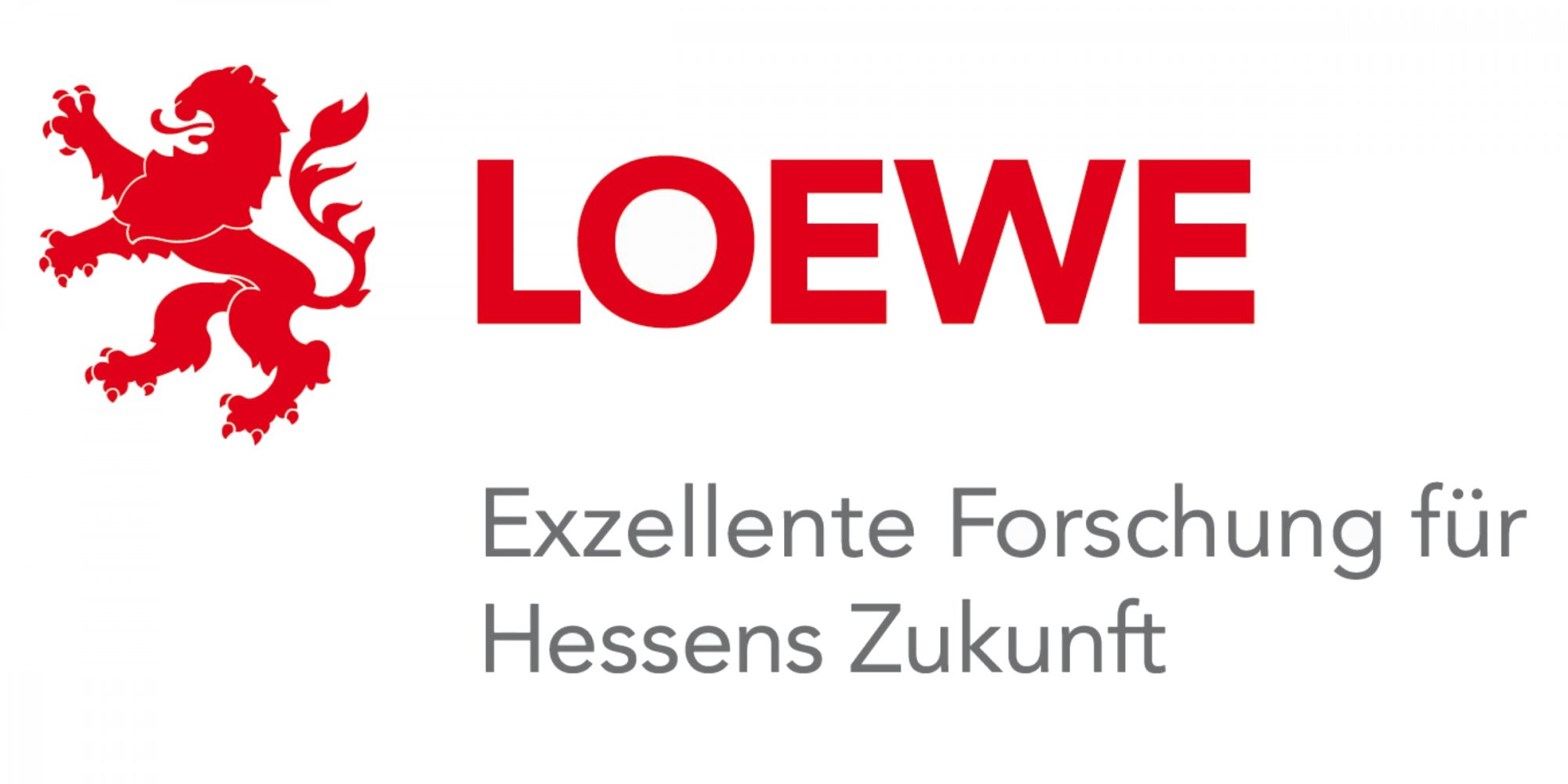FLUX – Assessment of Cognitive Performance Fluctuations in the School Context
The project aimed at investigating daily fluctuations in children’s cognitive performance in the school context by applying ambulatory assessment techniques.
Project Description
Cognitive resources constitute a crucial basis for learning and succeeding at school. Working memory capacity in particular has proven to be a central determinant of intelligence and student achievement. Working memory holds responsible for simultaneous storage and processing of information. Contemporary studies in cognitive developmental psychology have demonstrated that in adults, cognitive resources such as working memory capacity are subject to substantial fluctuations across weeks, days and task trials. Despite the significance of working memory capacity for school achievement and the shown daily fluctuations in cognitive resources of adults, only a few studies have so far systematically investigated fluctuations in cognitive achievements of children, as well as their relationship with school achievement. Furthermore, possible conditions and covariates of fluctuations in achievement are unknown.
Project Objectives
The project aimed to investigate daily fluctuations in cognitive resources in the context of schools by means of ambulatory assessment methods. To this end, mobile devices were deployed to assess fluctuations in working memory capacity of school children, assessing these capacities several times a day across a representative number of weeks in a school year.
Project Process
In October 2010, the FLUX project was launched with an intensive preparation phase. In collaboration with colleagues from the department for Technology Based Assessment, playful brainteaser tasks were developed and tested for mobile device applications, and the technical ground was prepared for data assessment. In 2011, pre-tests were conducted in individual settings and day-care centres. Furthermore, the adequacy of items assessing mood, sleep and motivation patterns was tested in a study involving 440 primary school children throughout a week. The first longer-term study was carried out in May 2012 involving 110 primary school children from a school in Frankfurt, who were tested over a period of four weeks.
In September 2012, first findings were presented in four individual contributions to the 48th Congress of the German Society for Psychology, hosted by Bielefeld University.
Funding
 (until Sept. 2014)
(until Sept. 2014)
Cooperations
- Prof. Martin Sliwinski (Penn State University, USA)
- Prof. Nilam Ram (Penn State University, USA)
- Prof. Bernhard Schmitz (TU Darmstadt)
- Dr. Heiko Rölke (Technology Based Assessment, DIPF)
Project Management
Prof. Dr. Florian SchmiedekProject Details
| Status: |
Completed Projects
|
|---|---|
| Department: | Child Development in Educational Contexts |
| Duration: |
01/2011 – 12/2015
|
| Funding: |
DIPF
|
